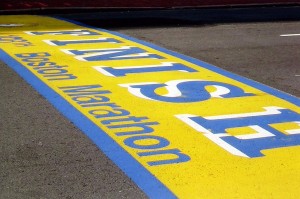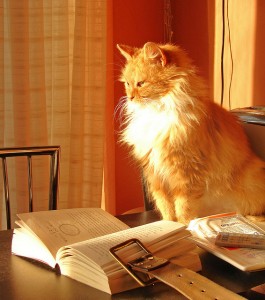There are a lot of opinions about word counts. Some people feel that you shouldn’t rely on them – they lead to sloppy writing if all you care about it making your number. But other people find that word counts give them the extra push they need to keep writing.
Daily word counts as motivation
I tend to go back and forth on the subject. But I will say that one of the things that helps get me through NaNoWriMo is the word count graph. Seeing my word count growing is a real morality booster. Especially because when I’m writing, I don’t often remember what the word count was when I sat down to start writing for the day. Entering it into a graph shows me just how much I achieved. And this gives me the mental boost I need to keep going.
I don’t think writers should rely only on word counts. After all, editing usually leads to less word counts and brainstorming sessions don’t exactly add to the word count either. But not relying solely on them doesn’t mean they are a bad thing.
I’ve decided to start keeping track of my daily word count using a simple spreadsheet and graph. If nothing else, it will serve as a way to show the fiance (a.k.a. my financial backer) the progress I’m making. But I think it will also help push me to write more each day.
Writing out-of-order to keep me moving forward
In addition to keeping track of my word counts, I’ve also decided to break my cardinal rule by writing out-of-order. I’ve had this problem lately where I have scenes in my head that come much later in the book. I don’t write them because I want to write in order but then I find myself rushing through the connecting bits because I want to get to the scene I’m seeing. So, to save myself the extra editing that will result from rushed writing, I’ve decided to just get the scenes out on paper. I know that they may not flow into the rest of the story, but by extracting them, I will be able to move on to more writing.
What methods do you use to motivate yourself to write? Do you even need to motivate yourself? Do you write in order? Or do you sometimes like to mix things up?








